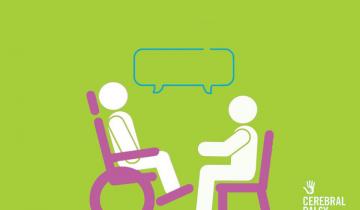Making informed decisions about care and treatment for cerebral palsy (CP) can be overwhelming, especially with the vast amount of medical research available. Through this guide, we aim to help you better understand the types of research you may encounter and provides practical tips for evaluating studies relevant to CP.
Welcome to That Mom With CP-a space created to celebrate and support mothers with cerebral palsy through shared stories, adaptive parenting tips, and honest conversations about self-care and disability.

For as long as I can remember, I dreamed of being a mama and for equally as long, I just couldn’t comprehend the dream coming true, for me. Yet, I had NO frame of reference or role models for mamas with CP.
Discover how living with cerebral palsy has made me a more patient, adaptable, and intentional mom—and why disability can be a strength, not a setback.

An honest, uplifting look at motherhood with CP — what I feared, what I learned, and how becoming a disabled mom became my greatest strength.

In Episode 4 of Coffee Talk, Nathalie and Jen discuss research and clinical trials.
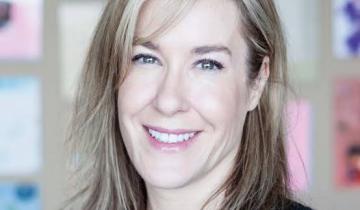
Living with CP taught Dr. Kathleen Friel much about educating others about her disability and now about her life threatening diagnosis of Metastatic Breast Cancer.
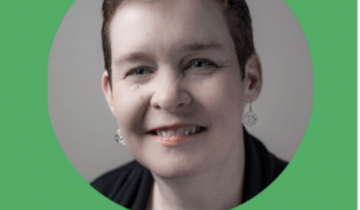
CPF Executive Director Rachel Byrne and Chris Modlesky, PhD discuss exercise, fitness, research, research funding and his current research.

The purpose of this study is to explore the breast cancer screening experiences of women with CP with the aim of identifying factors that could improve screening rates for women with disabilities.
Breast cancer is a major cause of mortality in women. Screening has been known to improve early detection for early treatment. Women with disabilities face many physical and attitudinal barriers to mammogram screenings. This webinar has been created to address the educational needs of technologists and to give women with cp and disabilities visual accurate information about the procedure.
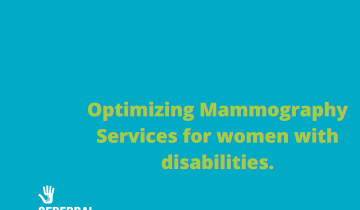
It’s SMART to think about what you might want to discuss at your next doctor’s appointment. Here are some suggestions

CPF Executive Director Rachel Byrne and Jocelyn Cohen, Vice President of Communications and Engagement at Cerebral Palsy Alliance Research Foundation discuss collaboration in research.

This fact sheet is a sexual and reproductive health guideline for providers treating young women with cerebral palsy.
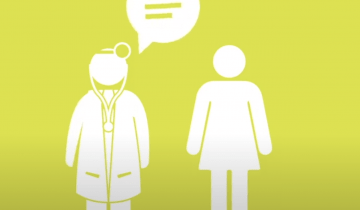
For women with Cerebral Palsy, self-advocacy is probably the most important part, but it's also probably the hardest part because most of those doctors have not encountered women with disabilities. You really have to tell them what you need and tell them what to expect.
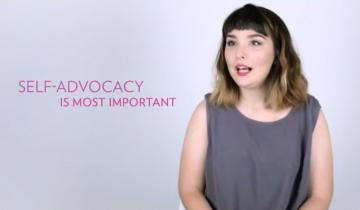
When scheduling and preparing for an OB/GYN appointment, women with Cerebral Palsy have additional challenges to consider and address when both scheduling the appointment and once they go their appointment.

For women with Cerebral Palsy, finding a new OB/GYN can be difficult for a variety of reasons: accessibility (both to the building and in the exam rooms), staffing and supports for additional physical needs and more.
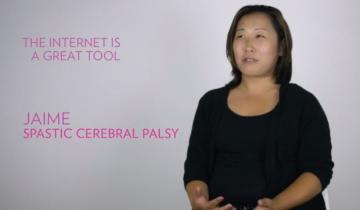
Up to 50% of adolescents with cerebral palsy have an intellectual disability, as well as a physical disability. Adolescents with intellectual disabilities still need sexual health education, they just need it in a way that's more individualized so that they can understand it and use it.
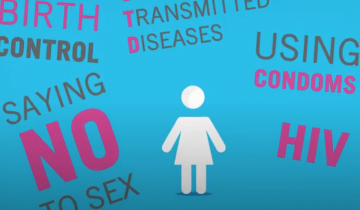
On International Women’s Day, We Celebrate These Trailblazing Women with CP

It is recommended that women start having mammography screenings starting at about the age of 40, and it becomes more difficult to obtain these services if you have a disability.
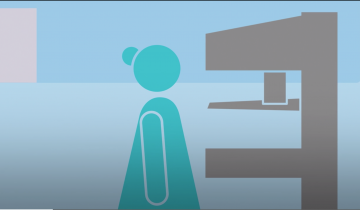
The findings of this article demonstrate the need for improved screening rates in women with CP, and highlight areas for improving their screening experience.
As 20% of women with CP surveyed experienced pregnancy, there is a need to increase awareness, education, support, and advocacy for achievement of optimal reproductive health.
5 things for women with Cerebral Palsy to consider when preparing for their OB/GYN appointment
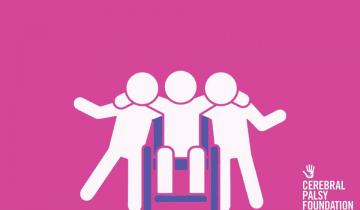
It’s SMART to think about what you might want to discuss at your next doctor’s appointment. Here are some suggestions
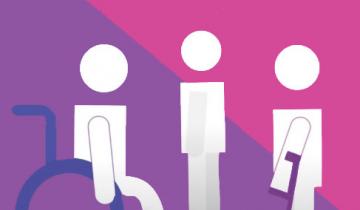
This fact sheet has been created for women with cerebral palsy to provide answers to some common questions about CP, pregnancy, and birth. Women with CP should follow general guidelines about getting healthy before getting pregnant, but women with CP may need to do other things as well to prepare for pregnancy.

This fact sheet has been created for women with cerebral palsy to provide answers to some common questions about CP, disability, and gynecological care.
